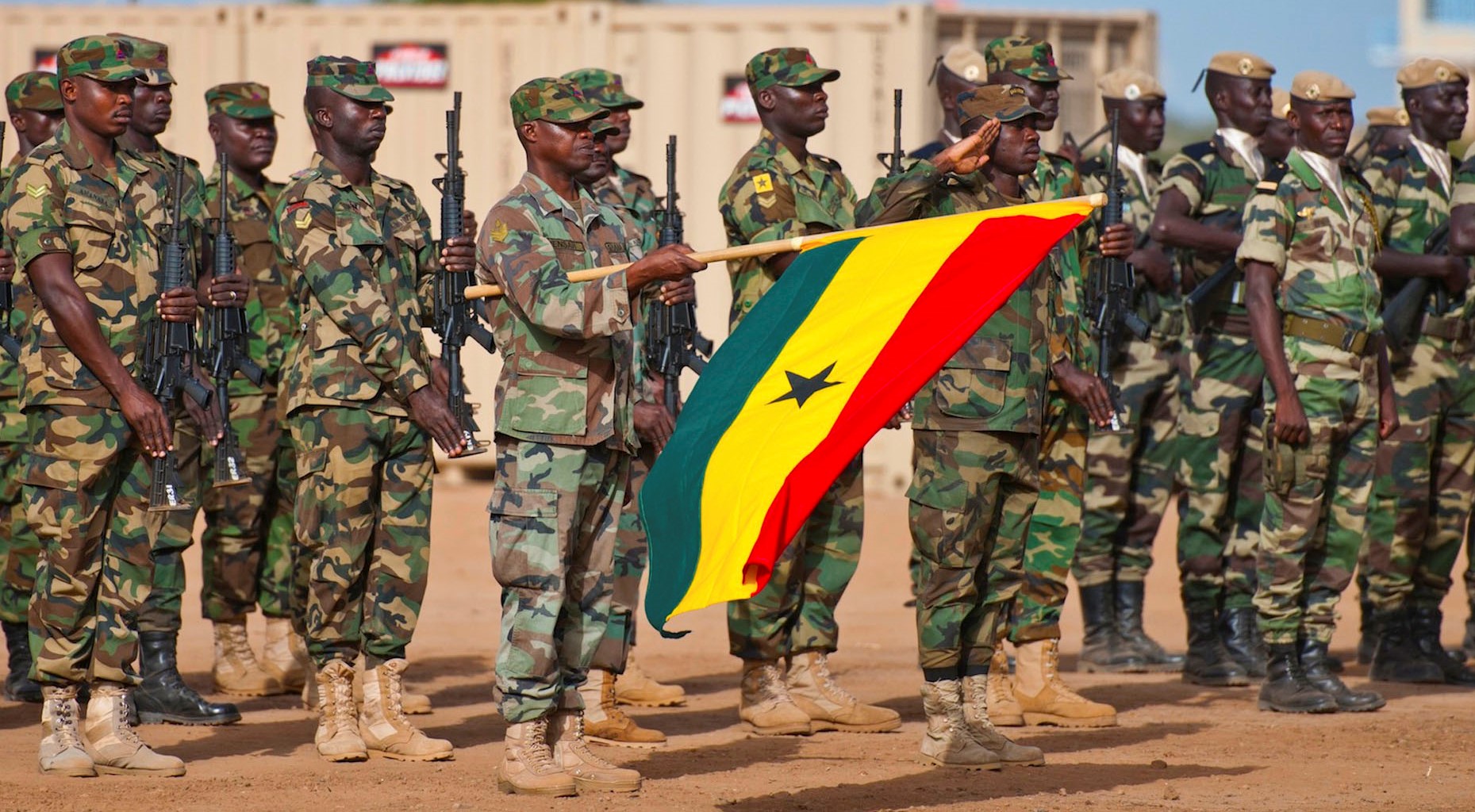LSE’s Fawaz Gerges says that future governments in Cairo will not now dare defy the army. A political-ideological clash could become a life-and-death one. This article originally appeared in the Guardian.
While millions of Mohamed Morsi’s opponents continue to celebrate his ousting, they ignore the long term fallout of the army’s intervention on state and society.
The soft coup is fraught with risks and widens the ideological divide between Islamists and secularists. It does not resolve the fierce social and political struggles that have unfolded in Egypt in the two years since the removal of Mubarak. Instead, this latest turn is likely to further polarise Egyptians, already bitterly divided over the identity of the state and the role of the sacred in the political. And it undermines respect for both the peaceful transfer of power and for institutional procedures and rules. Trust among competing groups will be difficult to revive.

Furthermore, the successful coup returns the military to centre stage in Egyptian politics and consolidates its role as a kingmaker and powerbroker. One of the major challenges that faced Egypt and other Arab countries in the wake of their popular uprisings was to subordinate the will of military leaders to civilian rule. This has now been undone. Future governments in Cairo will not dare to defy the military nor try to limit its authority, a serious handicap to democratisation. Ironically, the same protesters who cheered Morsi’s ouster by force were often the same ones who opposed the ruling generals (Scaf – the Supreme Council of the Armed Forces) in the post-Mubarak transition period.
The opposition asserts that the military had no choice but to respond to the popular will of millions of citizens, whose peaceful demands for Morsi to step down were met with defiance. The opposition ignores the fact, however, that there were other choices available to them. The military could have introduced political checks and balances that would have fettered Morsi’s hands, using its immense influence to force the secular-leaning opposition and the Islamist-led administration to sit down and negotiate a peaceful compromise.
This could have included appointing a new competent prime minister palatable to the opposition; an independent attorney general to replace Morsi’s loyalist; and redrafting the constitution to make it more inclusive and tolerant. In fact, these were the initial major demands of the opposition, which only later began to insist that Morsi had to go.
There is no denying that Morsi was his own worst enemy, deaf and blind to the gathering storm that ultimately swept him away. He mastered the art of making enemies and blunders, and turned millions of ordinary Egyptians who voted for him into bitter enemies. He was the wrong man to lead Egypt, the most populous Arab state, at this critical revolutionary juncture.
Morsi does not have the sensibility, the vision or the political acumen to tackle Egypt’s complex structural challenges. Instead of delivering on his promises, such as more jobs, greater inclusiveness and al-nahda, or renaissance, he went to great lengths to monopolise power and to entrench his Islamist movement in state institutions. There exists a widespread belief among Egyptians of all walks of life that Morsi subordinated the presidency to the Muslim Brotherhood, a fatal error, to a proud nation that calls Egypt Umm al-Dunya (the mother of the world).
More than a year after they won commanding parliamentary and presidential victories, the Islamists have proved to be as incompetent as the old secular regime at managing the economy and society.
Morsi did indeed inherit a country that was politically polarised and financially bankrupt. These problems, however, grew under his watch; social and economic conditions worsened and political divisions deepened. Far from improving the economy, the Islamists’ muddled style of governance has exacerbated a structural crisis and caused more hardship and suffering among the poor and the dwindling middle class.
What is unfolding in Egypt is a political-ideological struggle over the country’s future. It is not about good and evil, as some would have it. Morsi was too ambitious for his own good, and his movement incompetent, but not evil-incarnate. There is a real danger though that the military’s ousting of Morsi will transform this political-ideological clash into a life-and-death struggle.
The challenge now is to avoid a repeat of past errors, such as micromanaging the political process from the top down, or persecuting the Muslim Brothers and excluding them from the political arena. Such a course will only reinforce a long-held sense of injustice and victimhood among the Islamists, a recipe for further polarisation, instability, and a potentially violent end to Egypt’s democratic experiment.






LESSONS from EGYPT
Military has done what people of Egypt wanted. Democracy as a concept has an inherent flaw. Once elected, citizens have to tolerate the non-performance of representatives till the end of their term. THERE IS NO APPRAISAL. Egyptians have demonstrated that non-performance cannot be tolerated, even when they had voted for the president, one year ago. The military was just a tool. With the ousting of Morsi, democracy in Egypt has MATURED. In future, the voice of Egyptians will be BOLDER and governments will be compelled to be more ACCOUNTABLE. It’s the first case of direct democracy actioning RIGHT to RECALL. It’s something new for the scholars of democracy and something we all see across the globe in future. It is DEMOCRACY 2.0 taking shape. Thanks.
Well over the past months we Egyptians have been collecting signatures calling for early presidential elections, the army have called over and over for people to sit down and talk. Mursi never agreed to give any real concessions, instead over the past month his supporters have been threatening people of using violence and crushing them. The Muslim Brotherhood simply do not have the capacity to run the country their main power came through mass mobilization and they made it impossible for anyone to cooperate with them. They did not attempt to achieve any of the people’s demand even the feasible ones, they were building another dictatorship in every sense of the word. Also calling the opposition secular or liberal is not the right description it is mainly Egyptians including christians, moslems, liberals,seculars, leftists ..etc versus islamists. Muslims and christians in Egypt are moderate and they have quite distinctive nature from other Middle Eastern states when it comes to religion and this does not fall under the description liberals and seculars.
Mubarak managed to prevent the survival of any opposition during his rule, only the Muslim Brotherhood managed to survive and this is why people have voted for them after his ousting (this was the only opposition they knew). Now after a year when people have come to understand their reality, they wanted a way out and how are they supposed to force the MB to accept the new reality? protests did not work, calling for an early elections did not work, civil disobedience in some of the cities did not work as well, so they had to call upon the army to intervene. We have been standing in the streets for over 2 years fighting for our rights and we will not accept another dictator. Also the analysis ignores a very important factor, after the ousting of Mubarak the direct confrontations that happened between the military and the youth threatened their power and they are not willing to go through that experience again. During his speech the chief of the armed forces insisted on having a joint statement with the head of the church, the grand imam of Alazhar, Mohamed al-baradie, a representative of the Salafi movements among others to reassure that this time they are not interested in ruling and the next day the head of the constitutional court was appointed a temporary president. This is the first time for the heads of the religious institutions in Egypt to act as guarantors, so it is not really secular versus islamists.
Also the analysis does not include the feedback of the islamists to the protests, a simple visit to the Human Rights Watch website will show the reports of torture and killings that are even more violent than Mubarak’s. Even over the past couple of days they have been using guns and weapons against protesters in several cities in Egypt and just yesterday attacking the military and the people in Sinai with heavy weapons. The army and the police had to change their uniforms and issue warnings against islamists wearing their uniforms and attacking protesters after a number of MB affiliated factories were caught making the same uniforms. Also how come Mursi’s actions as issuing a unilateral constitutional declaration and attacking the judiciary system, using snipers to shoot protesters at the MB headquarters ..etc not considered an ousting of democracy? So the question is do we wait for three years under a fascist islamist regime that is even worse than Mubarak’s (who we were congratulated for toppling) or do we call upon the army to intervene and then push for elections and correct the path of the revolution after the people have waken up to understand the truth of the muslim brotherhood. Well we chose the latter.